What to read based on where you're traveling this summer
From Berlin to Rio

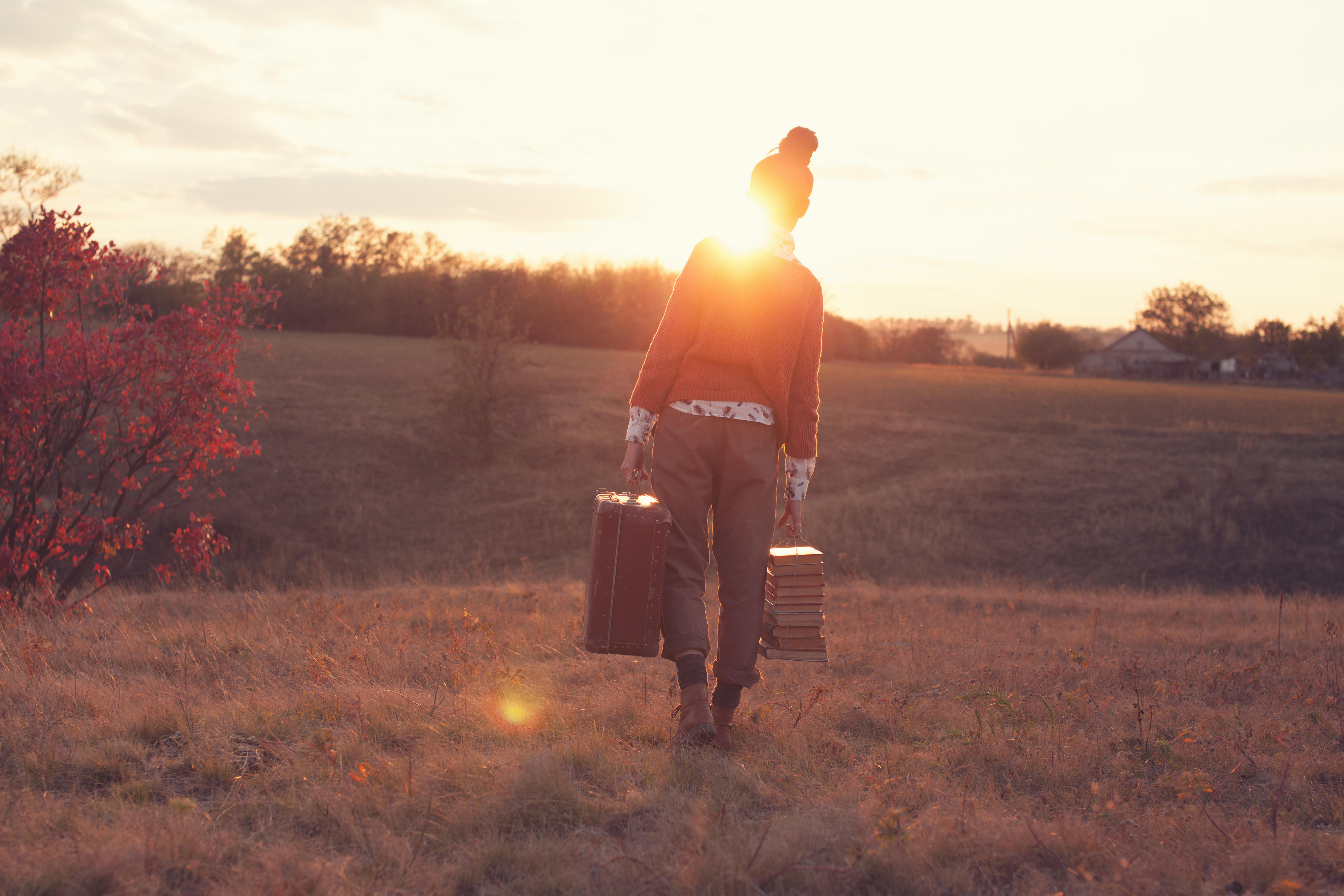
A free daily email with the biggest news stories of the day – and the best features from TheWeek.com
You are now subscribed
Your newsletter sign-up was successful
Just as you might conserve luggage space by packing only the clothes most appropriate for your destination, choosing a book when traveling begins with your destination. You might dive into a book by a local, such as Hideo Furukawa's complicated road-story, Horses, Horses, the Light Remains Pure, or Eve Babitz guiding a reader inexhaustibly through L.A. in Slow Days, Fast Company. Or you might want an introduction from a fellow visitor — Terry Tempest Williams in Yosemite, perhaps, or the Hungarian author László Krasznahorkai trekking through China.
Here are The Week's recommendations of what to read based on where your ticket is taking you this summer.
1. You're visiting: A national park
The Week
Escape your echo chamber. Get the facts behind the news, plus analysis from multiple perspectives.

Sign up for The Week's Free Newsletters
From our morning news briefing to a weekly Good News Newsletter, get the best of The Week delivered directly to your inbox.
From our morning news briefing to a weekly Good News Newsletter, get the best of The Week delivered directly to your inbox.
Pack: The Hour of the Land by Terry Tempest Williams
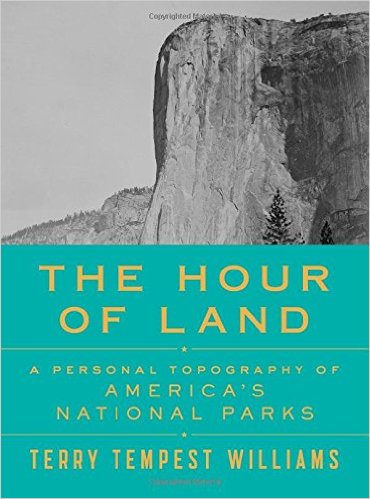
If you finish The Hour of the Land understanding one thing, it's that you need not cross national borders to find adventure — some of the finest places in the world are in our own backyards. Terry Tempest Williams' gorgeous "personal topography" through the National Parks is well-timed, arriving during the service's centennial, and takes the form of travelogue, poetry, photo collection, diary, and ecological thriller. "The Hour of Land isn't a guidebook, taking readers through the nation's most popular or most frequently visited parks — quite the opposite," The New York Times warns readers. "Instead Williams embarks on an idiosyncratic journey through various landscapes (some empty, some crowded), delving, along the way, into the politics, activism, history and people that are also a crucial part of them." But it might have a fatal flaw: The binding, by Sarah Crichton Books, is so arresting that you won't want to get it muddied in your backpack as you scale the mountains of Glacier National Park.
2. You're visiting: Los Angeles
Pack: Slow Days, Fast Company by Eve Babitz
A free daily email with the biggest news stories of the day – and the best features from TheWeek.com
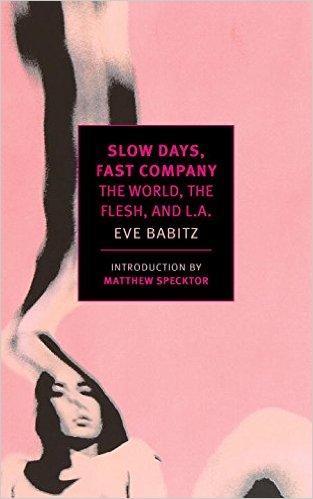
Eve Babitz is Hollywood — or, her writing is. It is somehow both as meandering as the Pacific Coast Highway and as refined as a marquee on one of Los Angeles' dignified yet dilapidated movie palaces. Often a muse and occasionally a journalist, Babitz will start a book with the unabashedness of a true artist. Despite being born in the valley, Babitz "addresses the Los Angeles lifestyle outside in, as if looking on from a distance, though she's never left home," The Paris Review observes. In the soon-to-be released new edition of Slow Days — a nice companion to the New York Review of Book's earlier re-release of Eve's Hollywood — Babitz paints the infamous Los Angeles of the '60s and '70s with an uncommon voraciousness for life: "I was impatient with ordinary sunsets," she roars. "I was sure that somewhere a grandiose carnival was going on in the sky and I was missing it."
3. You're visiting: Mexico
Pack: The Story of My Teeth by Valeria Luiselli, translated by Christina MacSweeney
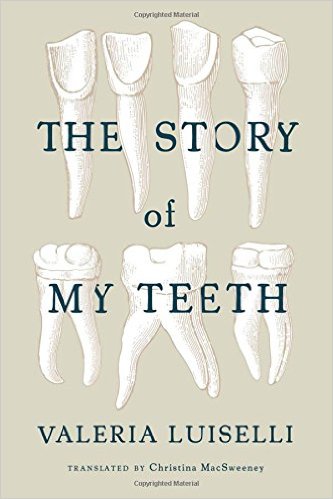
The Story of My Teeth is a novel built of exchanges. Luiselli began the piece as a commission sponsored by Jumex, a Mexican juice corporation, but in reading the short installments back to Jumex factory workers, she began to respond to their suggestions and stories by incorporating them into her work. The result is "a living, breathing map," The New York Times writes — in other words, this is exactly the kind of thing a traveler seeking to leave the confines of a resort town might sneak into their backpack on the way out.
4. You're visiting: China
Pack: Destruction and Sorrow beneath the Heavens: Reportage by László Krasznahorkai, translated by Ottilie Mulzet
The renowned Hungarian author László Krasznahorkai is best known for his fiction, such as novels Satantango and War and War. Destruction and Sorrow, however, is carefully labeled "reportage," breaking from the apocalyptic fantasies that established Krasznahorkai as a force of world literature. Or, mostly breaking from them, anyway. Krasznahorkai doesn't entirely leave his love of the alternative reality (here, he inhabits the poet "László Stein"), nor his signature prose style, which often runs for pages without a period. He pointedly scales back, however, opening his travelogue at a "hopeless" bus stop in Nanjing in 2002, where he catches a bus bound for the misty mountains and Buddhist temples of Jiuhuashan. Sprinkled throughout with interviews with Chinese intelligentsia, Krasznahorkai is clearly no stranger in Asia, having regularly traveled throughout Mongolia, China, and Japan. But the classical Chinese culture he obviously craves suffocates under the smog of the "Armageddon of New China" — that titular "destruction." Loyal readers will recognize a pessimistic painting of "a very dirty, hopeless, gray world," but this is ultimately a story in search of beauty and grace. The resulting work might not exactly be a casual read for a Yalong Bay beach; still, the best journeys never end up following the well-worn road, do they?
5. You're visiting: Japan
Pack: Horses, Horses, in the End the Light Remains Pure by Hideo Furukawa, translated by Doug Slaymaker with Akiko Takenaka
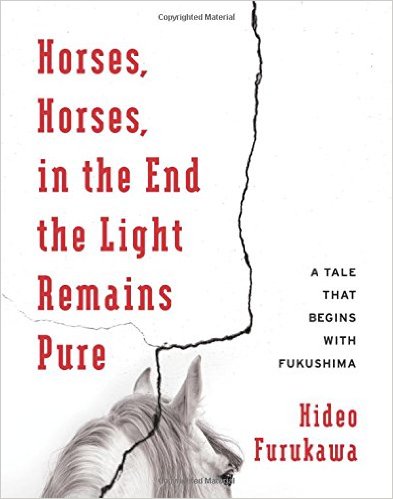
From the captivating title to the intriguing tag line — "a tale that begins with Fukushima" — Horses, Horses is a blend of road trip essay and, perhaps, fiction. Don't bother trying to navigate the two; such clear delineations belong to the guidebooks. Furukawa's work, one of the first to be published following the earthquake, tsunami, and nuclear plant meltdown at Fukushima in 2011, is a much darker guide than what you might find in the pages of Lonely Planet. But where else might you learn about the UFO Friendship Center, northeast of Nihonmatsu, which Furukawa spots in an atlas in the opening pages? And where would you ever learn the history of the wild, sacred horses of Sōma, an ancient city that was devastated by the tsunami and lies just 28 miles north of the Fukushima Daiichi Nuclear Power Plant?
6. You're visiting: Paris
Pack: I'm Supposed to Protect You From All This by Nadja Spiegelman
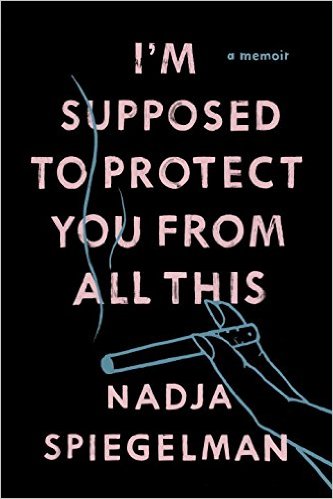
A vacation might be used to visit family, to enjoy time with them, to learn more about them — or to escape them altogether. Take a break from your own clan to join that of Nadja Spiegelman, the daughter of New Yorker art director Françoise Mouly and Pulitzer Prize-winning Maus author Art Spiegelman. Despite sharing a name with her famous father, I'm Supposed to Protect You From All This is a memoir focused on the maternal, French lines of Nadja's family: Françoise is a central character, as is her own mother, Nadja's grandmother, Josée. The story reveals Françoise's own turbulent upbringing in Paris, and Nadja's eventual return to the City of Lights to learn more about her family — "My mother was 18 when she came to New York; I was 25 when I left it. Perhaps a ghost of her place crossed mine. Perhaps, just for an instant, we overlapped in the silence over the black water."
7. You're visiting: Ireland
Pack: Pond by Claire-Louise Bennett
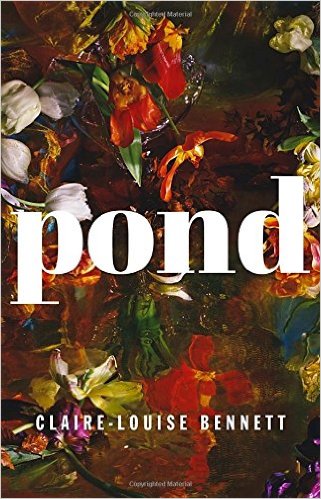
Ireland is never mentioned outright in Claire-Louise Bennett's debut, Pond, but it is undeniably there in each one of these 20 short stories, even if just in the extraordinary language constructing every sentence. "I live on the most westerly point of Europe, right next to the Atlantic ocean," the female narrator reveals before pulling back into the dreamscape of her own internal soliloquy. With a rich Irish literary tradition marked by behemoths like W.B. Yeats and James Joyce, there are many books one can pick up to prepare for a trip to Ireland. However, Bennett represents the modern writer who is left to carry on such a mantel; she will not disappoint.
8. You're visiting: Seoul
Pack: The Vegetarian by Han Kang, translated by Deborah Smith
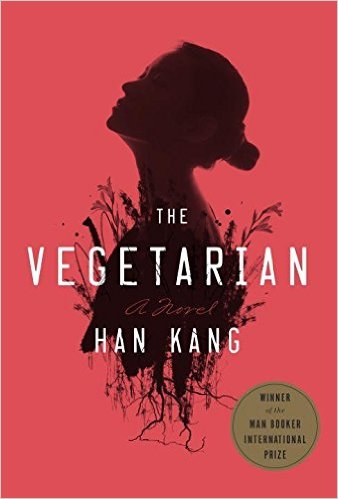
A fair warning is in order: This book might not exactly get you pumped up for your trip to Korea. In fact, you might just want to hide under the covers after making it through even just a dozen or so pages. But following the rich tradition of Korean horror stories, Han Kang's The Vegetarian starts with its teeth clenched and doesn't let go of you until the final bite of the narrative triptych. Erotic and as filling as a rich meal, the story loosely follows the unremarkable Yeong-hye through her decision to cease eating meat, to the bafflement of her husband and family. Blending dream and reality until they are almost indistinct, this mighty surreal horror story also received the honor of best translated book of 2016.
9. You're visiting: Berlin
Pack: Good People by Nir Baram, translated by Jeffrey Green
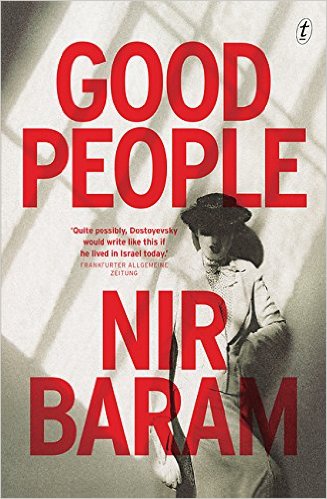
Good People begins with a time and place — Berlin, 1938. There is an entire story in that alone. But although the years will pass by and the narrative travels — to Warsaw, Lublin, Leningrad, Brest — there is something distinctly German about this story. Which is to say, it fits the bill as exactly the kind of intellectual novel that will get you through a summer spent chain smoking in Berlin cafes — just let the noir-y cover alone convince you. The story follows Berliner Thomas and Sasha of Leningrad as fate brings them together, just as it does their leaders, Hitler and Stalin. The sparks from this flint are determination, willpower, and, as the years go on, horror at what those virtues cost. In the end, though, Good People ultimately returns to Germany, although it is a place entirely changed from that which started the novel. The wrenching prose and plot has earned young Israeli author glowing comparisons to Dostoyevsky and Grossman. "How does a man in his early 30s know how to write like this?" Helen Elliott marveled in the The Australian.
10. You're visiting: Brazil
Pack: The Complete Stories by Clarice Lispector, translated by Katrina Dodson
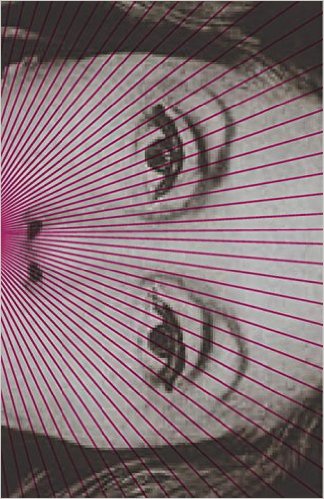
Headed to the Olympics this summer? Well, lucky you. Thankfully, you can get quite a bit of reading done on the flight to Rio — and at a door-stopping 600 pages, the New Directions' edition of Clarice Lispector's Complete Stories earns its keep in one's carry-on. It's difficult to stress Lispector's influence in Brazilian literary culture — think Virginia Woolf, Ernest Hemingway, and William Faulkner all rolled up into one. And although she was a renowned novelist, Lispector is maybe best introduced to her English-language audience through her short literature, expertly translated by Katrina Dodson and arranged in chronological order. Personal favorites of mine include "The Birthday Party" and "Love," but don't cheat and skip around! Lispector's precise prose will grow and mature on you as the miles soar by under your feet.
Jeva Lange was the executive editor at TheWeek.com. She formerly served as The Week's deputy editor and culture critic. She is also a contributor to Screen Slate, and her writing has appeared in The New York Daily News, The Awl, Vice, and Gothamist, among other publications. Jeva lives in New York City. Follow her on Twitter.
